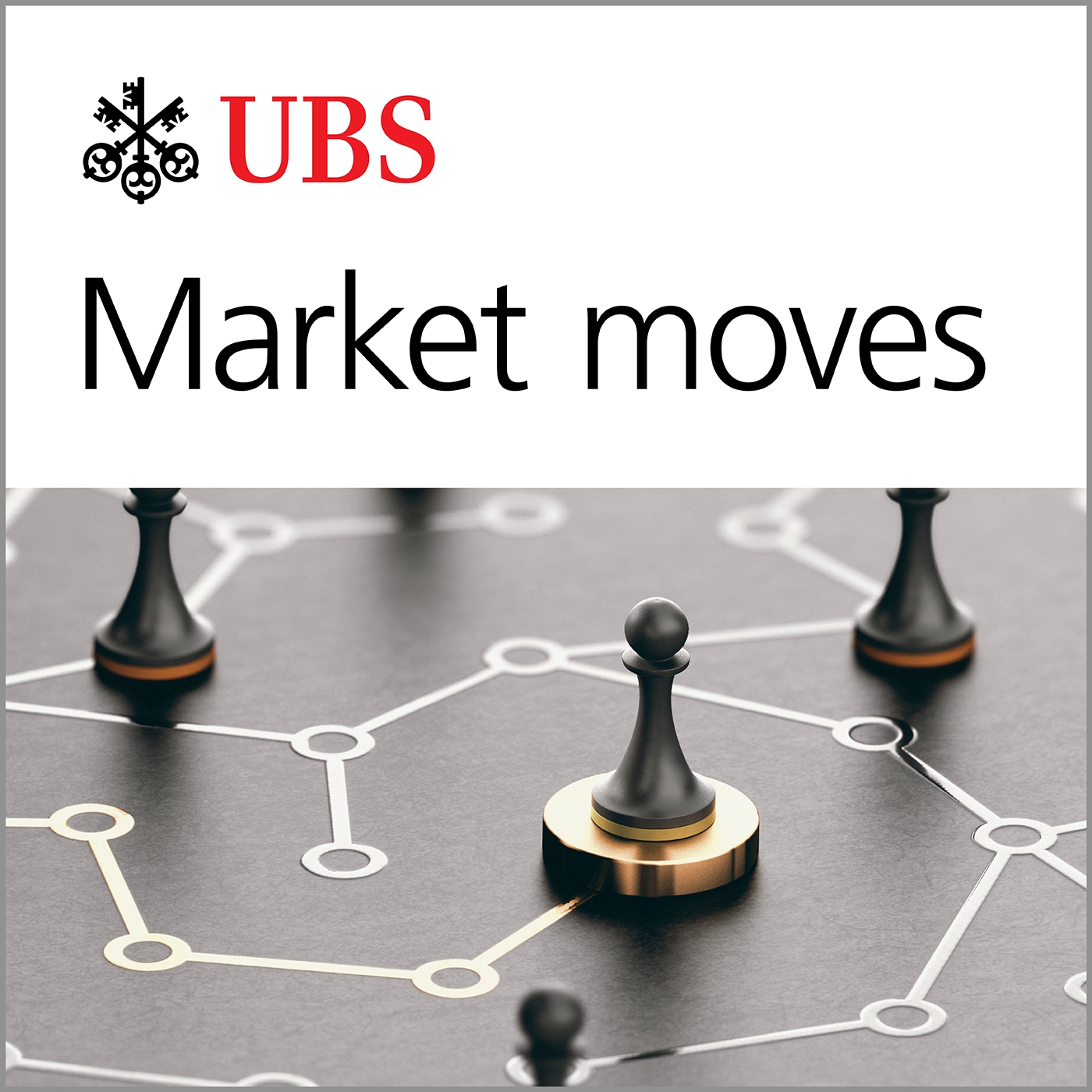UBS On-Air: Paul Donovan Daily Audio 'Fake news'

UBS On-Air: Market Moves
Deep Dive
Shownotes Transcript
Good morning. This is Paul Donovan, Chief Economist at UBS Global Wealth Management. It's seven o'clock in the morning London time on Tuesday, the 8th of April. The volatility in financial markets yesterday is a demonstration of two problems which matter to the real economy. US trade policy is erratic, which means that almost any story is plausible.
Yesterday's news that US President Trump's trade taxes would be suspended for 90 days, except for China, was, it seems, fake. But it was also plausible. Trump has retreated very rapidly from several other tax hikes already. In addition, with a system of government that is following the model of Schlesinger's imperial presidency, such a policy tends to depend on the whims of an individual.
Rumours about what Trump intended could mean a policy change and could only credibly be denied by Trump. Hence the wild swings in markets yesterday. What this volatility implies about the US real economy is a little troubling. Financial market investing takes place in liquid markets. While it may be costly to reverse a decision, a financial investment decision can be reversed and generally part of the investment reclaimed.
In the real world, investment decisions are a lot harder to exit from. This is why stability is so important to business investment, with the associated economic growth and ultimately employment growth. If firms believe policy is both erratic and imperial, the risks around investing increase and the chances of investing happening decline.
One thing that was not fake news is US President Trump threatening to levy yet more taxes on US consumers, with a possible additional 50% tax on imports from China. China has vowed to, quote, fight to the end on this matter.
If US consumers are forced to pay a tax in excess of 100% of the import price of goods from China, the tax difference between goods from China and goods from other locations would make rerouting supplies plausible. The EU is threatening retaliation against the United States but is also prepared to discuss trade issues. Japan has sent a negotiating team to Washington to talk about trade taxes.
One interesting aspect of this is that having Japan as the first major country to talk seems to prioritise the trade imbalances of the 1980s rather than those of the modern day. If policy aims were focused on reducing the US trade deficit credibly, then the natural thing to be doing would be to prioritise negotiations with China and the European Union.
Economic data is of generally limited use because, much like the start of the global pandemic in 2020, the data has not had time to catch up with the seismic shifts of the recent past. Data tells us how well the economy was doing in the before times. However, the US National Federation of Independent Businesses March Business Sentiment Survey is worth a glance.
This is not because sentiment surveys say anything constructive about the economic outlook. It's because the NFIB survey has tended to correlate with Republican views on the economy. In a very polarised political environment, one of the things that might matter to the direction of policymaking in the States is the extent to which concerns about the economy penetrate the partisan media bubble. That's all for today. Have a good day.
This material has been prepared and published by the Global Wealth Management Business of UBS Switzerland AG, regulated by FINMA in Switzerland. Its subsidiaries, or affiliates, collectively referred to as UBS. In the USA, UBS Financial Services Inc. is a subsidiary of UBS AG and a member of FINRA SIPC.
The investment views have been prepared in accordance with legal requirements designed to promote the independence of investment research. This material is for your information only and it is not intended as an offer or a solicitation of an offer to buy or sell any investment or other specific product.
The analysis contained herein does not constitute a personal investment recommendation or take into account the particular investment objectives, investment strategies, financial situation and needs of any specific recipient. This material may not be reproduced or copies circulated without prior authority of UBS.
Please visit www.ubs.com forward slash CIO hyphen disclaimer to read the full legal disclaimer applicable to this material.